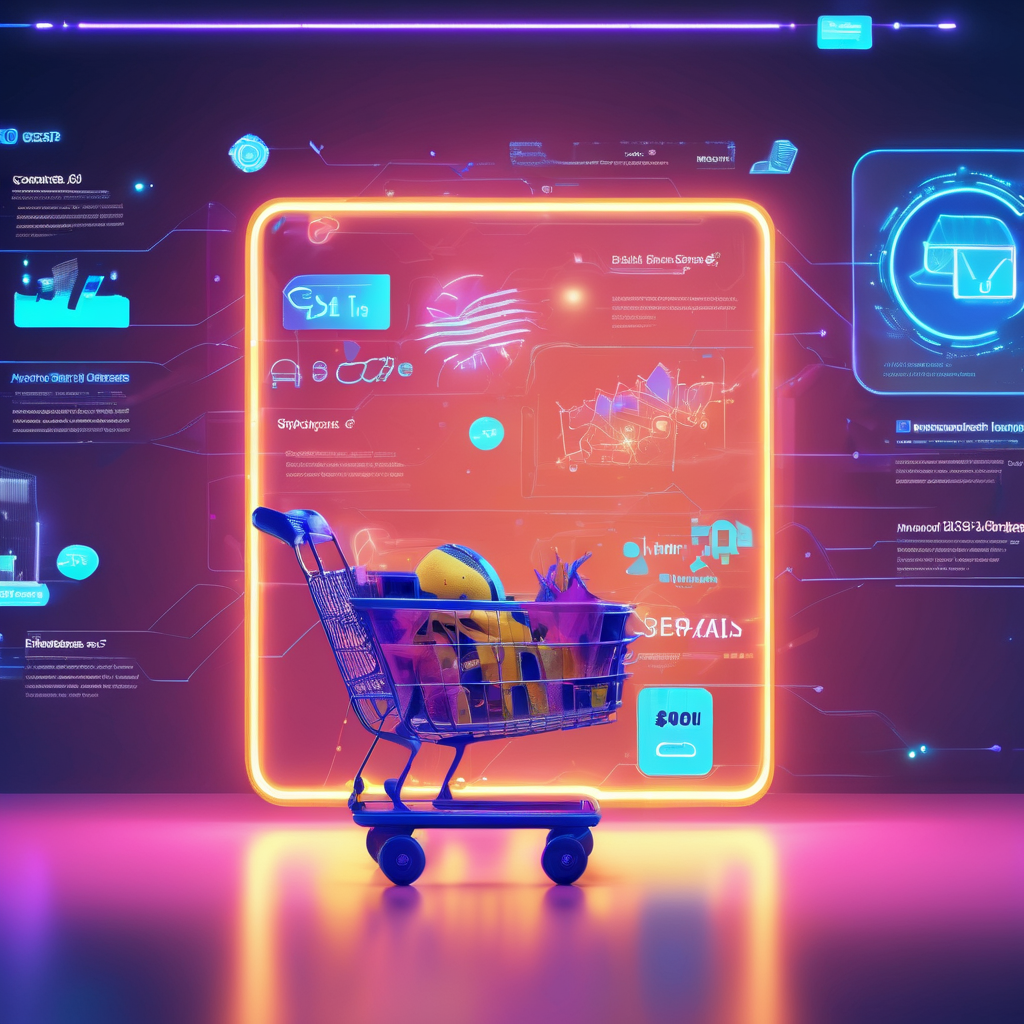
Selling products online often appears simpler than it truly is. While viral product videos and breakout sellers on platforms like TikTok and Instagram attract attention, the behind-the-scenes reality is complex and challenging. Most new sellers stall after setting up their stores and selecting products, facing difficulties producing the diverse video content required for ads and social media testing. With short-form video solidifying as the dominant mode of online commerce communication, this pressure intensifies annually. Research highlights the depth of this issue. A Sitecore report reveals that only 8 percent of B2B marketers find most of their projects efficient, pointing to significant workflow obstacles. Furthermore, CMSWire studies note that the increasing demand for short-format video strains teams, impeding their ability to meet rapid production timelines. Concurrently, user-generated content (UGC) remains influential in purchase decisions; visitors engaging with UGC on product pages convert at more than twice the rate of those who do not. These factors collectively create a scenario where sellers need abundant content swiftly, rendering traditional workflows inadequate. AI is beginning to transform this landscape. Tools such as CreateUGC, HeyGen, and Mirage streamline content creation and testing, enabling anyone to launch products with less hassle and faster learning cycles. Lowering Entry Barriers Challenges primarily emerge after the store’s creation. Lior Pozin, CEO of AutoDS, observed this while launching buildyourstore. ai, an AI-powered platform to create Shopify stores quickly. He identified content generation as the main remaining obstacle, noting new sellers struggle with slow ad production, costly organic content, lengthy collaboration with creators, and near-impossible large-scale angle testing. CreateUGC addresses this by automating much of the production process, generating short video ads within seconds from a simple product link. Pozin explained their goal: “Make content creation as easy, fast and accessible as launching a store. ” This is especially impactful in regions with limited creator access—such as Brazil, the Philippines, or South Africa—where users can run campaigns without filming videos themselves. According to Pozin, lowering the costs of failure encourages more people to try selling, fostering the emergence of new successes in e-commerce. Accelerating Testing and Growth Cycles Short-form platforms like TikTok, Instagram Reels, and YouTube Shorts demand constant experimentation, but traditional production methods cannot keep pace, with sellers often taking days to produce a single video. AI alters this dynamic by producing content rapidly, allowing sellers to test ideas and angles more freely and move faster.
AutoDS’s early data shows that AI-generated videos from CreateUGC achieved up to 5. 7 times more conversions than static ads. Agencies in beta reported increasing their ad testing capacity from 1–2 videos to 10–20 per week. While individual results vary, this trend reflects a broader shift with AI-driven creative tools. Similarly, tools like HeyGen and Mirage enable brands to create short videos optimized for platforms like TikTok, Reels, and Amazon video ads at scale, reducing production time and supporting rapid iteration. As content creation becomes faster and more affordable, testing emerges as a key competitive advantage, allowing small teams to outpace larger brands by learning and adapting quickly. Evolving Creator Economy Dynamics The rise of AI-generated UGC raises questions about the future role of human creators. Pozin believes creators’ success will depend on adaptability. He asserts AI won’t replace creators but will transform their work: baseline production tasks like variations, quick hooks, reshoots, and simple shots will shift to AI, while brands will continue valuing human creativity, personality, and storytelling. This transition resembles past shifts in content creation—from mobile to short-form video platforms—where creators who embraced new tools thrived. Those who use AI to expand their skills may grow stronger rather than become obsolete. Nonetheless, synthetic UGC poses unresolved challenges, such as potential platform disclosure rule changes, consumer reactions to AI-driven storytelling, and creators redefining their value amid increasing automation. Implications for the Future of Online Commerce AI-powered UGC tools signal a broader transformation in e-commerce—from lengthy workflows to faster creative cycles. Sellers who once needed large teams and complex processes can now run tests, gather insights, and adjust campaigns more efficiently. This democratizes competition, enabling first-time sellers to rival experienced merchants by rapidly responding to feedback and iterating their approach. As AI tools like CreateUGC, HeyGen, and Mirage evolve, digital commerce may rely less on extensive production resources and more on creative agility. These technologies suggest a future where anyone, regardless of location, can engage in online selling with fewer obstacles and greater opportunities. Pozin summarizes: “E-commerce is becoming more flexible, with quick testing, quick adaptations and constant iteration. You don’t need big teams or long workflows anymore. You need innovative ideas and the ability to move fast. ”
How AI is Revolutionizing Short-Form Video Content Creation for E-Commerce Success


The Accelerated Transition to AI-Enhanced Video Conferencing in Remote Work Settings The widespread move toward remote work has greatly increased reliance on video conferencing platforms, driving rapid innovation in integrating artificial intelligence (AI) to enhance virtual collaboration

Fast Hippo Media, a national leader in AI search engine optimization, has unveiled breakthrough outcomes for clients using its proprietary Content Everywhere platform, combined with advanced AI SEO and Answer Engine Optimization (AEO) strategies.

Causal AI Market Pune, India – Exactitude Consultancy, November 2025 – The global Causal AI Market is witnessing significant growth as organizations increasingly adopt advanced AI technologies capable of understanding cause-effect relationships rather than just correlations

SEMI, a prominent industry association serving the global electronics manufacturing and design supply chain, has published its latest 300mm Fab Outlook report, offering a positive forecast for the semiconductor manufacturing industry worldwide.

At the recent Goldman Sachs Private Innovative Company Conference in Las Vegas, a notable divergence emerged between public software companies and private AI firms.

In recent months, the use of artificial intelligence (AI) in advertising has sparked intense controversy and debate over the quality, authenticity, and ethical implications of AI-generated content.

The rapid progression and widespread adoption of artificial intelligence technology have given rise to AI-generated newscasts, a development profoundly transforming the media landscape.
Launch your AI-powered team to automate Marketing, Sales & Growth

and get clients on autopilot — from social media and search engines. No ads needed
Begin getting your first leads today